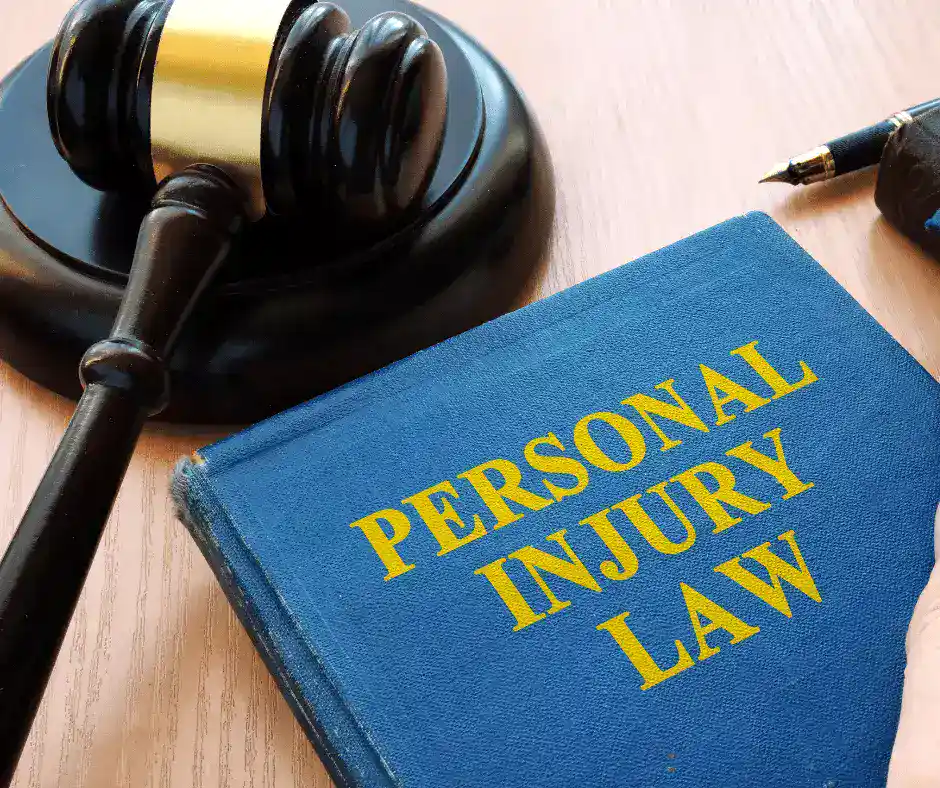A statute of limitations is a law that establishes a deadline for when lawsuits need to be filed with the court. These deadlines vary by the type of claim and the laws of the state. If you were injured because of someone else’s negligent actions, you may be eligible to file a lawsuit for compensation, but time is of the essence. The personal injury statute of limitations in Florida is two years from the date the accident occurred, though there may be some exceptions depending on the unique circumstances of your case.
Why Does the Personal Injury Statute of Limitations in Florida Exist?
Limiting the time a plaintiff has to file a lawsuit encourages fast, efficient resolutions and timely relief for the plaintiff. It also removes the threat of indefinite lawsuits. Individuals facing potential legal action can have peace of mind that, in most cases, something from 30 years ago will not pop up unexpectedly.
From a practical standpoint, the sooner a case is filed, the easier it is to acquire meaningful evidence. Over time, documents can be misplaced, memories fade, and witnesses are harder to find. Filing within a reasonable time is generally better for all parties.
How Long Do You Have to Sue Someone for Personal Injury?

According to the Florida statute of limitations for personal injury, you have two years from the date the accident occurred. There are some exceptions to the personal injury statute of limitations in Florida. Your attorney can help you determine if an exception applies.
Date of Discovery
There may be some situations when you do not realize that there was an injury until later. In that case, the two-year clock may not start until you knew or reasonably should have known that the injury existed. This is considered the “date of discovery.” This is most common for cases of sexual abuse or medical malpractice, although it can apply to other situations as well.
Toll / Pause
In other cases, a court may “toll” the statute of limitations in Florida for personal injury. This means that the clock pauses because of circumstances beyond the plaintiff’s control that prevent the case from moving forward. Examples of situations that may cause a court to toll the statute of limitations include when the defendant flees the jurisdiction, and the plaintiff becomes temporarily incapacitated or mentally incompetent, or a natural disaster results in government office closures.
What Is a Personal Injury Claim?
Personal injury cases are based on the legal principle of negligence. The language in the Florida statute of limitations for personal injury claims refers to these as “negligence-based claims.” For the purpose of a personal injury claim, there are four elements to prove to pursue compensation. Your personal injury attorney can evaluate the circumstances of your claim to ensure that all four elements exist.
A Duty of Care Was Owed
The at-fault party must have owed you a duty of care. For example, a convenience store manager owes a duty to ensure that the store is reasonably safe and customers are not in danger when shopping there.
The At-Fault Party Breached the Duty They Owed
You must show that the negligent party breached the duty of care. For example, if a slushy or soda machine breaks and the store fails to clean up the mess, the liquid on the floor may make it dangerous to walk on. If they fail to clean it up promptly, that constitutes a breach.
The Breach Caused Injury
It is important to establish a clear correlation between the breach of duty and your injury. The breach must have been the cause or a contributing factor to your injury.
The Injury Resulted in Actual Damages
It is possible that someone else’s negligence caused you harm, but if the injury did not require treatment and there were no expenses associated with the injury, there are no actual damages.
Types of Personal Injury Claims
There are countless ways personal injury can occur. Here are some of the most common types of cases. Each of these has a two-year personal injury statute of limitations in Florida.
- Car accidents,
- Premises liability,
- Medical malpractice,
- Truck accidents,
- Dog bites (and other animals),
- Motorcycle accidents,
- Product liability,
- Wrongful death,
- Workplace injuries, and
- Bicycle and pedestrian accidents.
If your claim does not fit neatly into one of these categories, that does not mean it is invalid. Each personal injury claim is unique and should be evaluated on its own merits.
Understanding the Personal Injury Statute of Limitations in Florida
An experienced personal injury attorney can help you understand how the statute of limitations applies to your case and help you file within the legal deadline. James “Jay” Horne has helped hundreds of Florida residents receive the compensation they deserve. Contact James Horne Law PA today at 941-210-6000 or fill out the form on our website to request a consultation.


